
[tldr]
- Acid reflux symptoms vary in severity and from person to person.
- If you get heartburn frequently, it can be distracting and even debilitating.
- The secret is getting to the root cause of acid reflux, rather than covering up symptoms with drugs that can do more harm than good.
- Read on to find out how to get to the root of your acid reflux and avoid the things that could be making it worse.
[/tldr]
Heartburn, aka acid reflux symptoms vary in severity and from person to person, big time. You may have even had acid reflux before and didn’t realize it.
A crappy meal or a stressful day can cause heartburn every once in a while. But, if you suffer from chronic acid reflux, it can be distracting and even debilitating. The secret is to get to the root issue, rather than cover up acid reflux symptoms with over the counter drugs (which can do more harm than good).
Read on to find out how to get to the root of your acid reflux and avoid the things that could be making it worse.
Instantly download Gut Check, your guide to troubleshooting your gut bacteria and balancing your microbiome so that it works for you
What is heartburn, or acid reflux?

Stomach acid is a good thing. Your stomach secretes it on purpose to help you break down and digest your food. It’s only when production is too high or too low that things start to get uncomfortable.
You may have experienced acid reflux without even realizing it. In addition to burning in your chest, acid reflux can cause:
- Belching during or after meals
- Feeling a lump in your throat
- Bitter taste in the back of your mouth
- Swallowing problems
- Dry cough
- Regurgitation of food
Lots of things trigger one-off bouts of acid indigestion – eating something that didn’t agree with you, a stressful day, intense activity, or lying down too soon after eating.
There’s a difference, though, between occasional mild indigestion and regularly waking up in the middle of the night breathing fire. If you get acid reflux more than a couple times a week, or if you regularly experience fiery heartburn that you feel in your chest, throat or lungs, you need to do something about it.
The real cause of most acid reflux
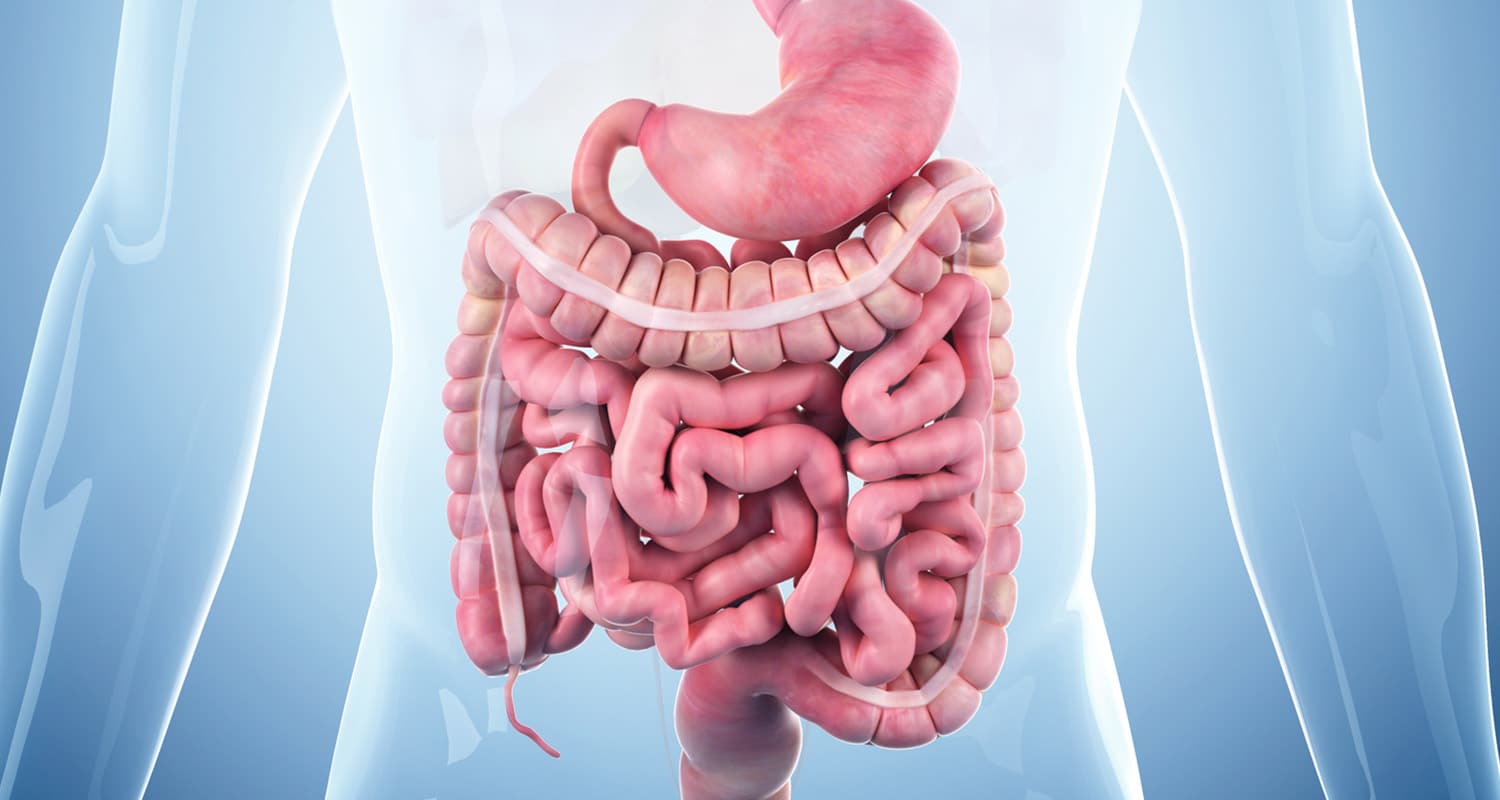
Following that advice might give you immediate relief, but these treatments will make the problem worse over time. Acid blockers, known as proton pump inhibitors (PPIs) reduce the production of stomach acid, and antacids neutralize the acid. These are great at reducing the amount of stomach acid you have, but they can actually aggravate your heartburn.
Why reducing stomach acid doesn’t always relieve acid reflux
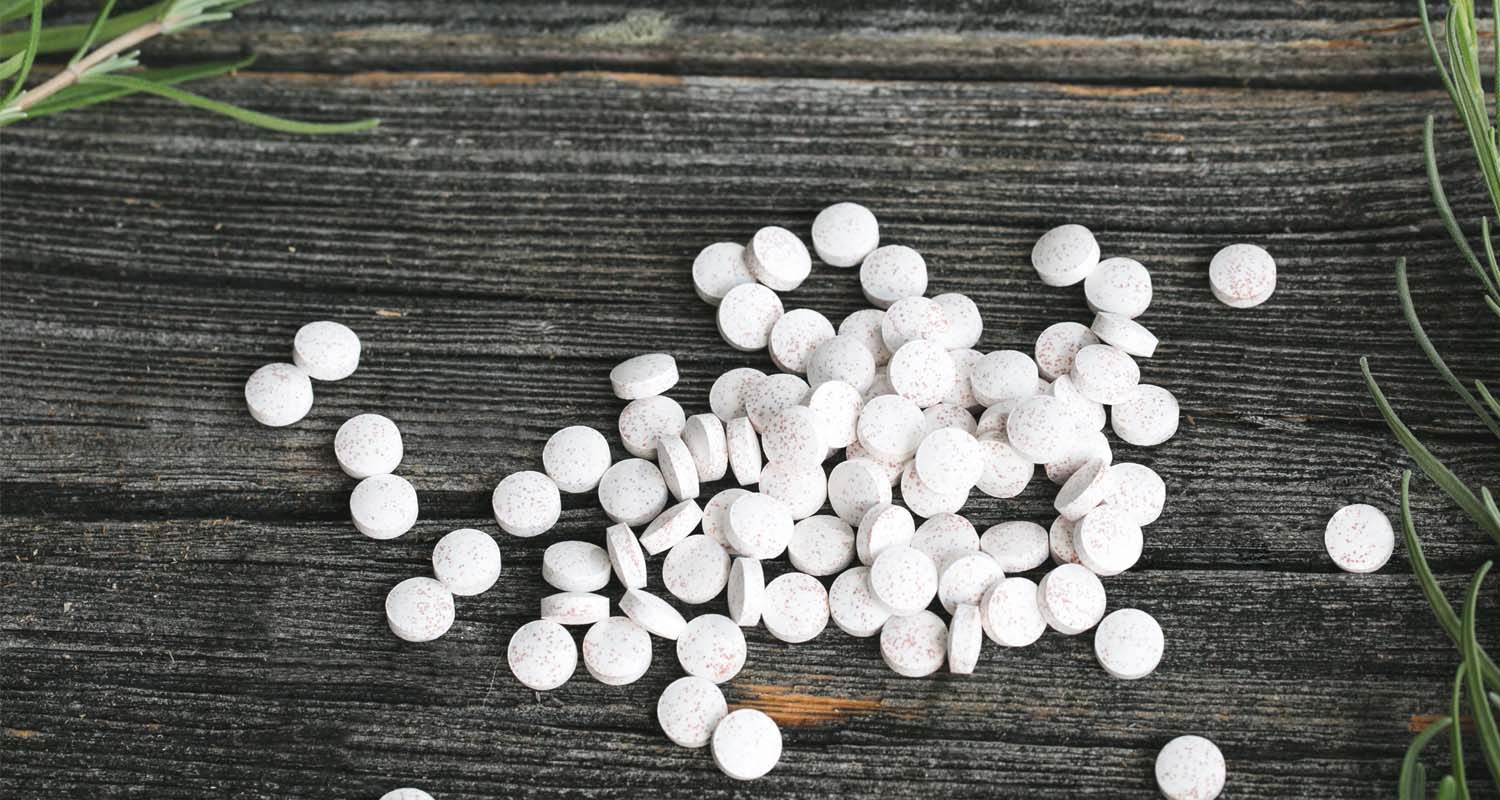
There’s a bundle of muscles that keeps the contents of your stomach from bubbling back up. These muscles release when there’s no food in your stomach (so, little to no acid), and tighten when you’re producing acid to help keep your food in your stomach where it can digest. When you don’t have enough stomach acid to digest your food, your body gets confused. The muscles release and stomach contents climb up into the esophagus.[ref url=”https://www.ncbi.nlm.nih.gov/pmc/articles/PMC4260100/”]
Common acid reflux causes
- Medication. Certain over-the-counter and prescription medications can cause reflux or make it worse. A big offender is regular use of NSAIDs (non-steroidal anti-inflammatory medicines), like ibuprofen.
- Stress. If you notice your reflux pops up or gets worse during stressful situations, learn ways to manage your reaction to stress. Try a short walk when you’re feeling heated or adopt a breathing technique to reduce stress. Deep breathing can return your heart rate back to normal within about 30 seconds. Learn to recognize it and nip it in the bud before it bubbles up in your chest.
- Age. Stomach acid production goes downhill as you age.[ref url=”https://www.ncbi.nlm.nih.gov/pubmed/3771980″]
- Food intolerances. You could be sensitive to any food, but gluten and dairy are big offenders for many people. If you’re not sure how gluten and dairy are affecting you, eliminate them for about 30 days to see if symptoms subside.
- Medical conditions. A number of medical conditions (for example, low thyroid function, SIBO, adrenal fatigue) can interfere with stomach acid production.
- H. pylori infection. A lot of us have a common bacteria, H. pylori hanging around in our intestines, but a number of factors like the ones listed here can cause it to proliferate and flare up digestive symptoms. Here’s how to balance your intestinal microbiome to keep overgrowth in check.
How to figure out if you have low stomach acid
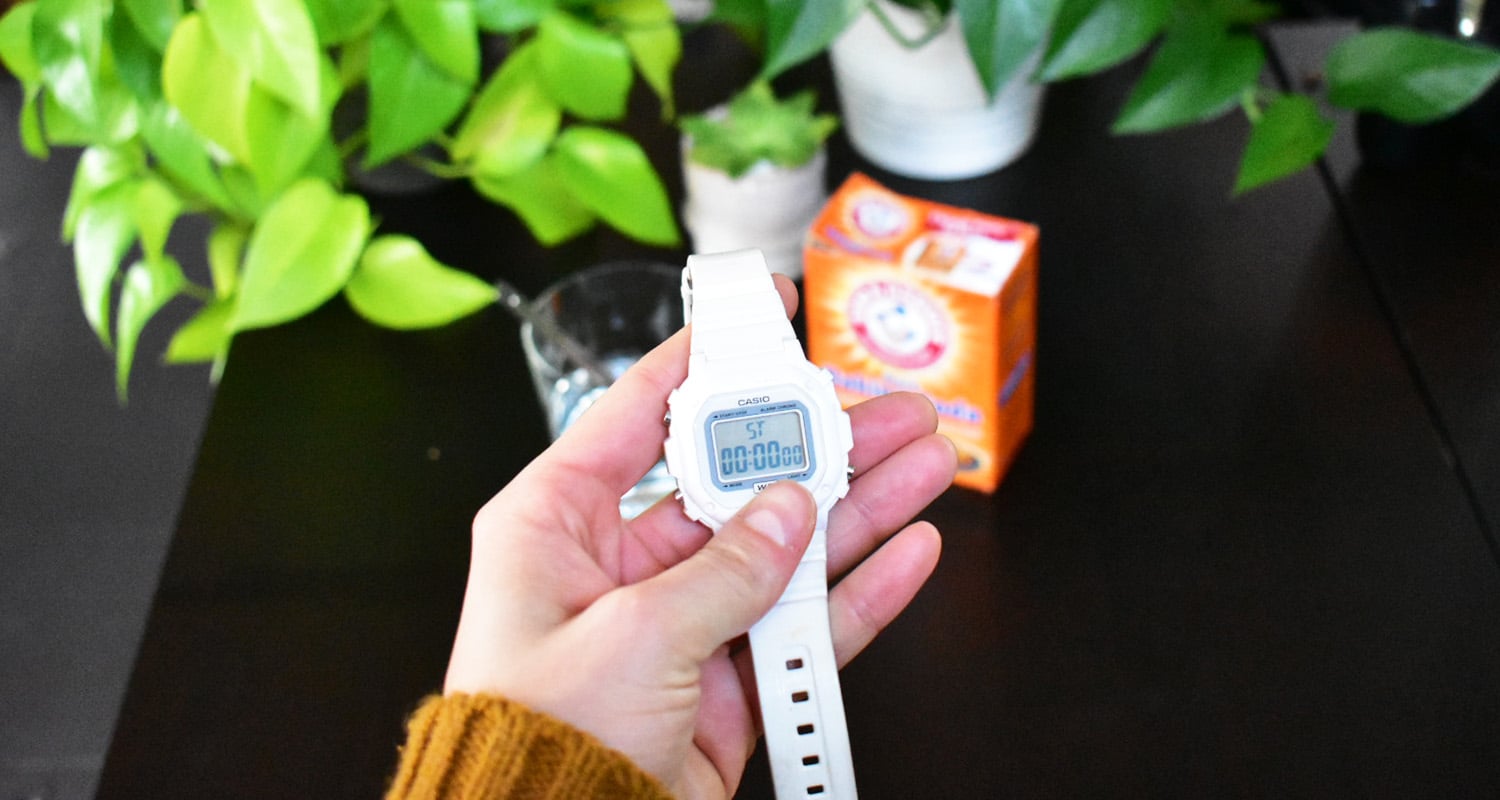
- Mix ¼ teaspoon of baking soda in 4 oz of water. Get your timer ready.
- Drink it all and immediately start the clock.
- See how much time passes until you burp.
- Stop timing after five minutes.
People who make enough stomach acid generally burp within two to three minutes. If you went past that without burping, it’s time to open up the conversation with your doctor or nutritionist about low stomach acid. A doctor might follow up with a test involving an electronic pill that detects stomach acidity or with a test involving removing stomach contents with a gastric tube and testing acidity that way.
How to relieve heartburn
Break up with NSAIDs
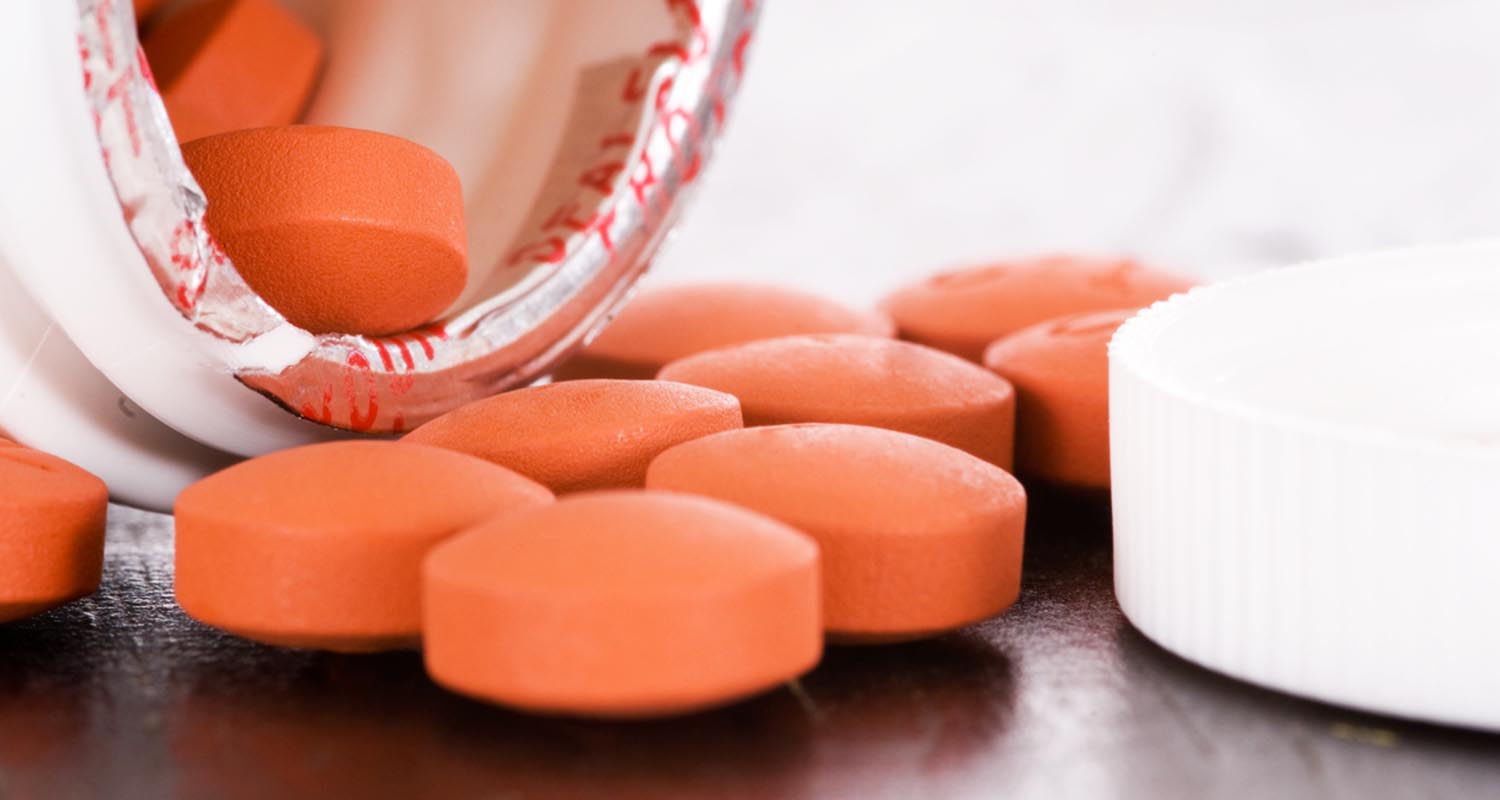
Keep in mind though, NSAIDs are powerful drugs. Because you can get them over the counter, people overuse them and take them without giving much thought to the potential downsides.
For occasional mild discomforts, there are almost always natural alternatives to popping ibuprofen or aspirin. Sipping a soothing lavender tea or tracing diluted peppermint essential oil down the back of your neck helps with the occasional tension headache. An Epsom salt soak can relax tense muscles after a workout.
If you’re used to reaching for over-the-counter pills for chronic pain like joint discomfort or frequent headaches, look into what might be causing inflammation in your body. It may be a matter of rearranging your desk for a more ergonomic workspace, or you may be looking at a diet overhaul. Lots of people lower inflammation on the Bulletproof Diet.
Herbal remedies for heartburn
Deglycrrhizinated Licorice (DGL). DGL increases the secretion of the protective mucus that coats our upper and lower GI tract. This creates a barrier between your stomach acid and the lining of your GI tract. A few weeks of DGL protects the stomach and esophageal lining long enough for the irritation to heal.
Clinical trials revealed that it is just as effective and sometimes more effective than prescription acid blockers in the treatment of gastric ulcers.[ref url=”http://onlinelibrary.wiley.com/doi/10.1002/1099-1573(200012)14:8%3C581::AID-PTR776%3E3.0.CO;2-S/full”] DGL is licorice root without the glycyrrhizin, a compound that can cause blood pressure changes and swelling.
Mastic gum. Mastic gum comes from a tree resin and is a traditional digestive remedy that has science behind its effectiveness. Scientists found that mastic gum kills seven different strains of H. pylori, a bacteria that, when it proliferates, can cause heartburn and other symptoms. It even killed the ones that were resistant to antibiotics.[ref url=”https://www.ncbi.nlm.nih.gov/pubmed/9874617″]
Ways to increase your stomach acid

If low stomach acid causes your acid indigestion, there are ways to get your digestive juices back into the acidic pH range you need to digest your food.
Don’t try all of these at once! You could end up with way too much stomach acid, and you’ll end up with disaster pants and in a lot of pain. Start your experimentation slowly.
Apple cider vinegar
A shot of apple cider vinegar before meals increases the acidity in your stomach. It also contains prebiotics which help balance your gut microbiome and keeps H. pylori in check.
Digestive bitters
Take digestive bitters 5-10 minutes before you eat. Digestive bitters are vinegar or alcohol tonics that contain bitter herbs like dandelion root, yellow dock, burdock, or even coffee.
Bitter flavors send the message to your brain to get ready because food is coming, which in turn signals your stomach to produce acid and your liver to produce bile.
For effectiveness, the dose isn’t as important as coating your tongue. It’s the taste that starts the digestive juices flowing. Get a citrus or cinnamon infused blend to take the edge off of the taste. Bitters live up to their name!
Betaine hydrochloric acid (HCL) capsules
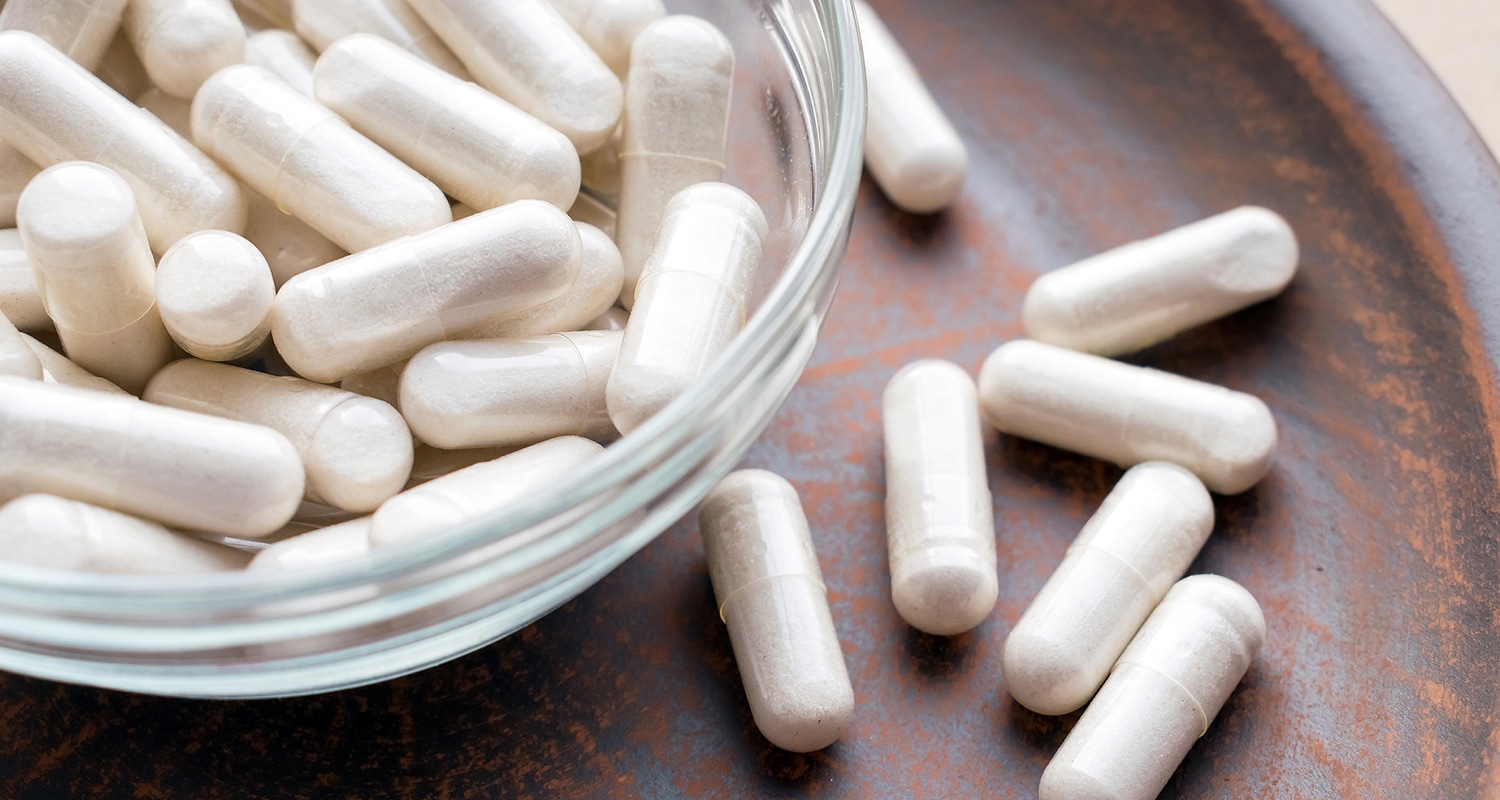
When Betaine HCL is a bad idea:
- Some medications like NSAIDs and corticosteroids do not mix well with HCl. Ask your doctor or pharmacist before you experiment with HCl tablets. They’re strong and can make an overproduction problem worse.
- If you have an ulcer, do not use HCL supplements until the ulcer is completely healed.
How to find your Betaine HCL dose*
*It’s best to run this approach by your doctor or naturopathic physician
- Start with one capsule of HCL (buy the kind with pepsin so you can digest both proteins and fats) at the start of each meal. If you find that you get significant irritation right away, stop and take DGL and mastic gum for two weeks before starting betaine HCL capsules.
- If you do not get a warm, irritated, or generally uncomfortable feeling in your abdomen or esophagus, increase the dose to two capsules at the beginning of meals.
- Increase the dose gradually by 1 capsule every few days until you find a dose that causes a mild warm or burning sensation in your belly.
- The amount that causes burning is too high. Reduce the dosage to the previous number of capsules that did not cause any burning and stay with that amount.
- Pay attention to what you’re eating and how your stomach feels when you take it. Higher protein or larger meals may warrant a larger amount of HCL. The HCL tablets may jumpstart your body’s acid production so you may notice over time you need to scale back. That’s a good thing. When using something as strong as HCL, you need to be aware of how you feel.
Low stomach acid causes more than just acid reflux. You can end up with constipation, hormone imbalance, mineral deficiencies and more just from slow digestion. Stomach acid balance is one of those things you want to get straightened out right away.
If you’ve tried some of these remedies with no relief, visit your functional medicine doctor or natural-minded health professional. They can help you feel better and prevent problems that come from chronic heartburn.
READ NEXT:
How to Change Your Gut Bacteria and Fix Leaky Gut Syndrome










